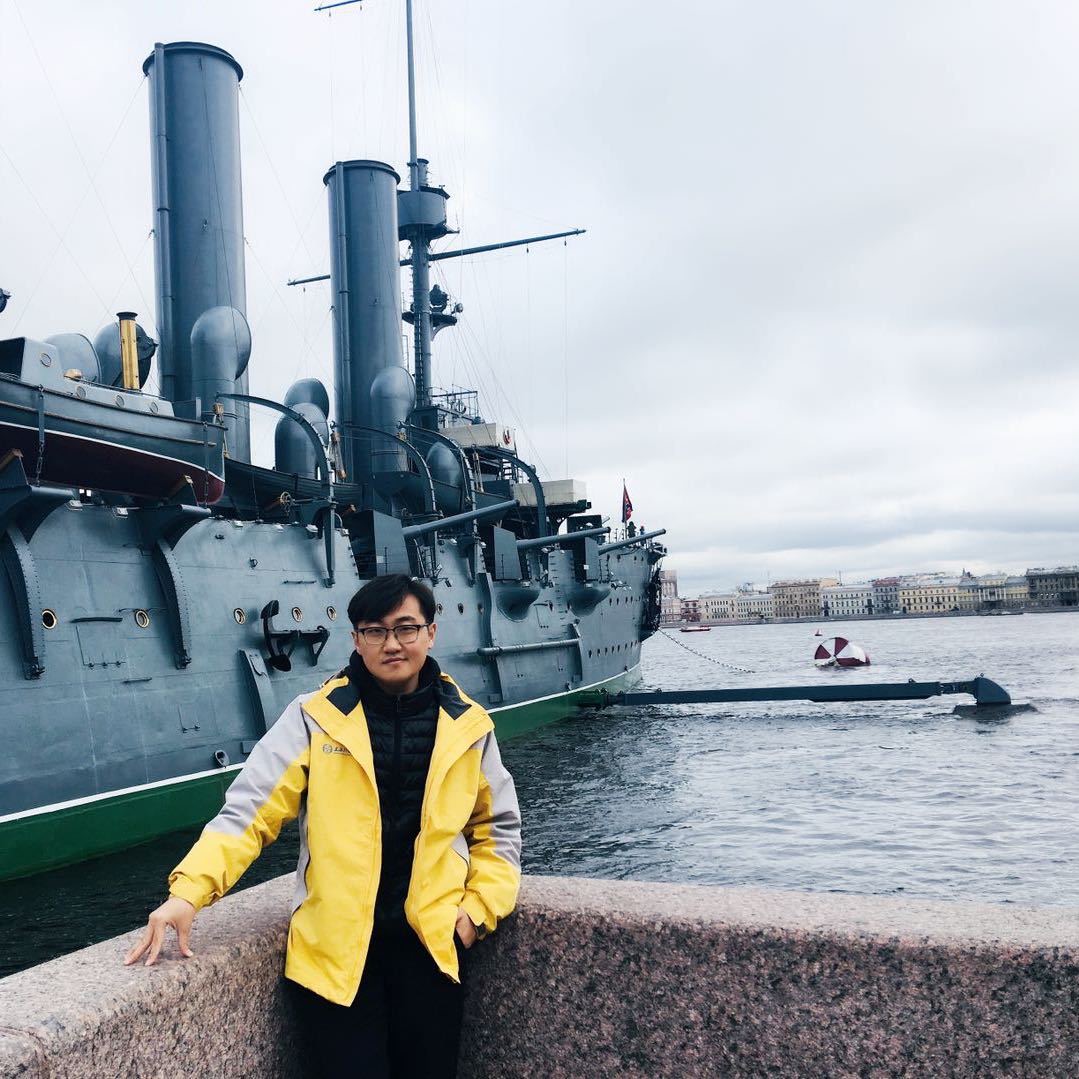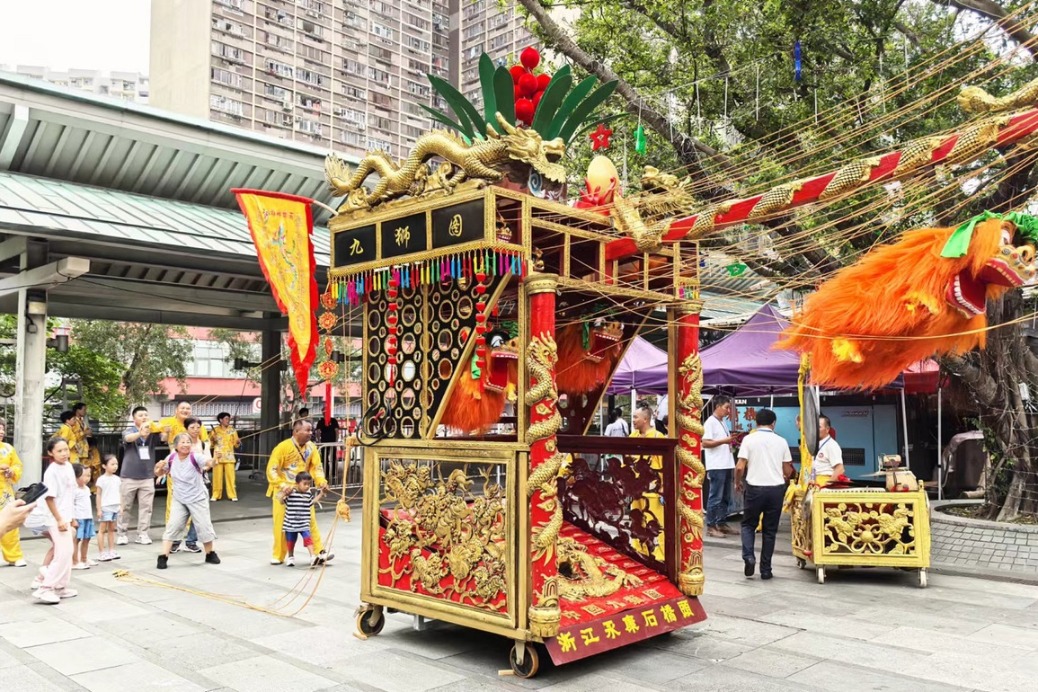Translation efforts help front-line medical staff


Editor's note: This series tells the stories of selfless individuals, from medical workers to volunteers, who are bravely fighting the virus outbreak with extraordinary dedication.
The translation efforts by volunteers like Zhang Kun have ensured that 3,000 sets of medical protective clothing received from overseas donors could reach the frontline medical workers fighting against the coronavirus outbreak in China.
Zhang, a graduate student who is fluent in Korean language, was hoping to join the battle against the virus by helping doctors and nurses who are trying to save lives even as they were facing a short supply of medical and protective supplies.
As a volunteer, he could engage himself in this task, for which he roped in other foreign language professionals and students.
Several countries, and international organizations and enterprises had donated medical goods to China since the outbreak in late January. But many of these goods were not registered in China, and therefore could not get customs clearance.
To solve this problem, the emergency working team under the official command center for containing the spread of the disease, now dubbed COVID-19, in Hubei province's Wuhan, epicenter of the outbreak, called for voluntary foreign language specialists to help translate documents and manuals related to donated goods.
The team wanted to know if these goods complied with the Chinese standards, and if they could be used by the medical workers immediately.
Zhang, a major in Asian and African languages and literatures at the Shanghai International Studies University, learned about the requirement and joined an online chat group on Jan 27.
Nearly 350 volunteers, including students majoring in foreign languages, language experts and medical professionals, became part of the group within days.
The team shared the documents related to donated goods, which were in different languages, with the chat group, whose members were fluent in more than 10 languages, including English, Japanese, Korean, Russian, German, French, Vietnamese, and Italian, for translation.
A language expert and a medical professional were responsible for proofreading the translations.
Zhang, 24, a native of Weifang, a prefecture-level city in Shandong province, said he felt it was his duty, and a honor, to work as a volunteer to help support and protect the front-line medical workers.
"Many of my fellow volunteers burned midnight oil during the translation work, and were devoted to their task," he said.
Zhang said one of the documents that he translated was about the penetration resistance tests for a certain type of face masks from Republic of Korea.
"Details about lab tests were too technical," he said. To ensure accuracy in translation, he looked for similar documents on standards in China to make sure he used the right technical terms.
He said he tried hard to figure out the working principles of testing devices.
Comparing the document that Zhang translated and domestic standards for goods of the same kind, the working team found that both standards originated from the same standards set by the International Organization for Standardization.
So, it decided that goods complying with Korean standards could be allowed to be used domestically.
With the help of the translation team, Wuhan on Jan 30 published a list of standards for medical protective devices, including face masks, protective suits, goggles, and disposable gloves.
It also said that goods donated and purchased from other countries, and which comply with standards mentioned in the list, would be allowed into the country for use by front-line medical staff.
The translation team's work is still on.
Zhang said that Chinese students pursuing further studies and the overseas Chinese community in Republic of Korea have been passionate about donating money and medical supplies to China, just as the Korean government and enterprises, and just as those in many other countries.
"As a young Chinese focusing on the Korean Peninsula for studies, I was touched to see our neighboring countries, such as Republic of Korea and Japan, reaching out proactively. This is exactly a portrayal of what President Xi Jinping had proposed as 'building a community with a shared future for mankind'."
"We're confident we'll usher in a warm spring soon after we emerge triumphant in the battle against the epidemic. Stay strong Wuhan and China," he said.
- China to implement new set of rules in October
- Woman honored for guarding the border for 53 years
- Former provincial anti-graft official prosecuted for suspected bribery
- Flowers presented to martyrs, honoring their eternal spirit
- Journey to Joy: Life through a photographer's lens
- China cracks down on foreign fishing trawlers breaking moratorium





































